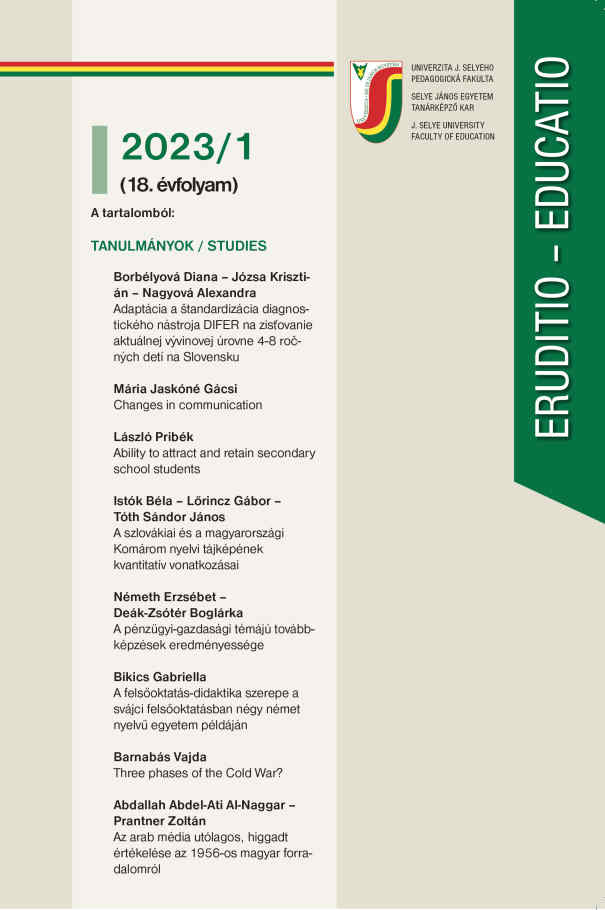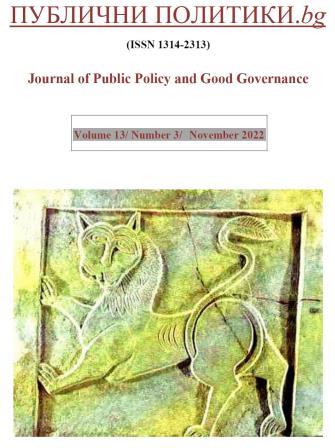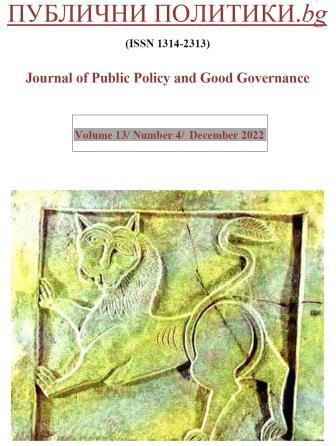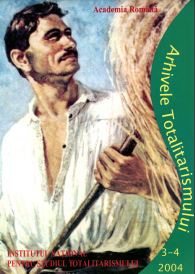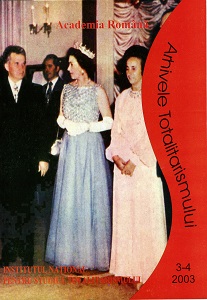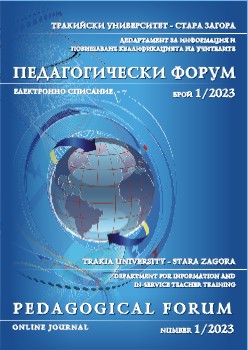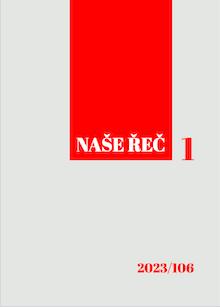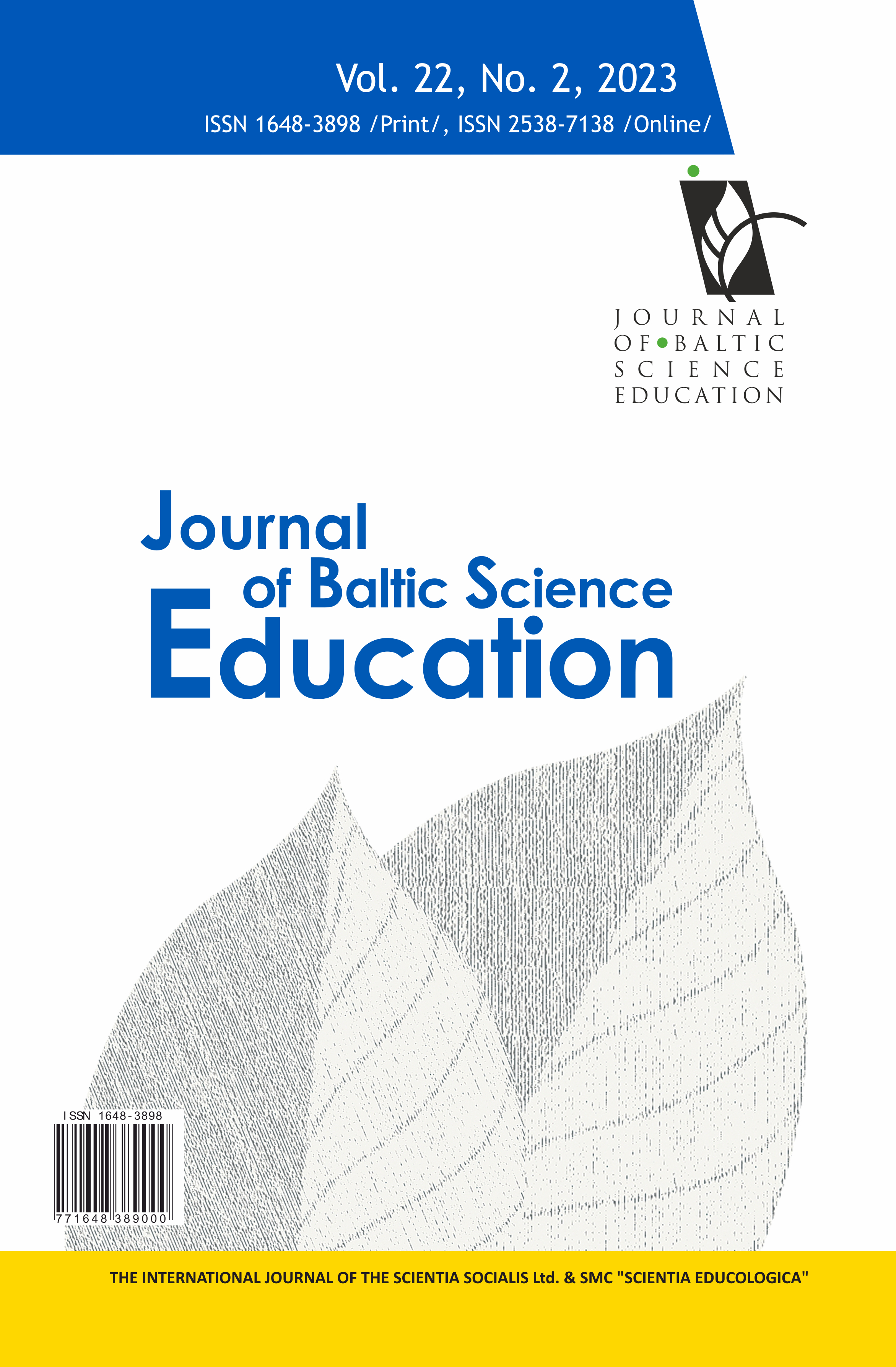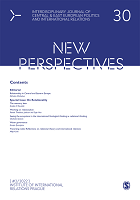
Redefining the Russian Empire: The Turn to Liberal Imperialism through The Letters of Prince Nikolay A. Orlov at The Height of The Great Reforms
Redefining the Russian Empire: The Turn to Liberal Imperialism through The Letters of Prince Nikolay A. Orlov at The Height of The Great Reforms
Keywords: Empire; Russia; liberalism; liberal imperialism; reforms;
Prince Nikolay Alexeyevich Orlov (1827-1885) was an aristocrat, a war hero and a prominent diplomat of the Russian Empire who enjoyed a prestigious position from a very young age. In his correspondence with Grand Duke Nicholas Alexandrovich in the early 1860s, Prince Orlov expounded his views on Russian politics, putting forward his liberal outlook of what the empire ought to be. His most crucial proposals were (i) revising Russian foreign policy and redefining imperial borders (which included solving the ‘Polish Question’); (ii) adopting federalism with local representative institutions based on a notion of ‘legitimate power’; (iii) introducing bottom-up reforms; (iv) abolishing ‘backwards practices’ (in particular, corporal punishment) and (v) guaranteeing civil rights and equality before the law. Based on letters and other writings that remain vastly under-researched in Russia and practically unknown to English-speaking audiences, I analyse Prince Orlov’s correspondence as illustrative of a broader ideological turn to liberal imperialism and contextualise it from Russian and European perspectives. By positing that Russian liberalism was strongly impacted by the successes and shortcomings of the liberal imperialism of the 1860s, I invite the reader to rethink some ideological and chronological boundaries that are routinely taken for granted in discussions regarding liberalism, imperialism and their interconnectedness.
More...
